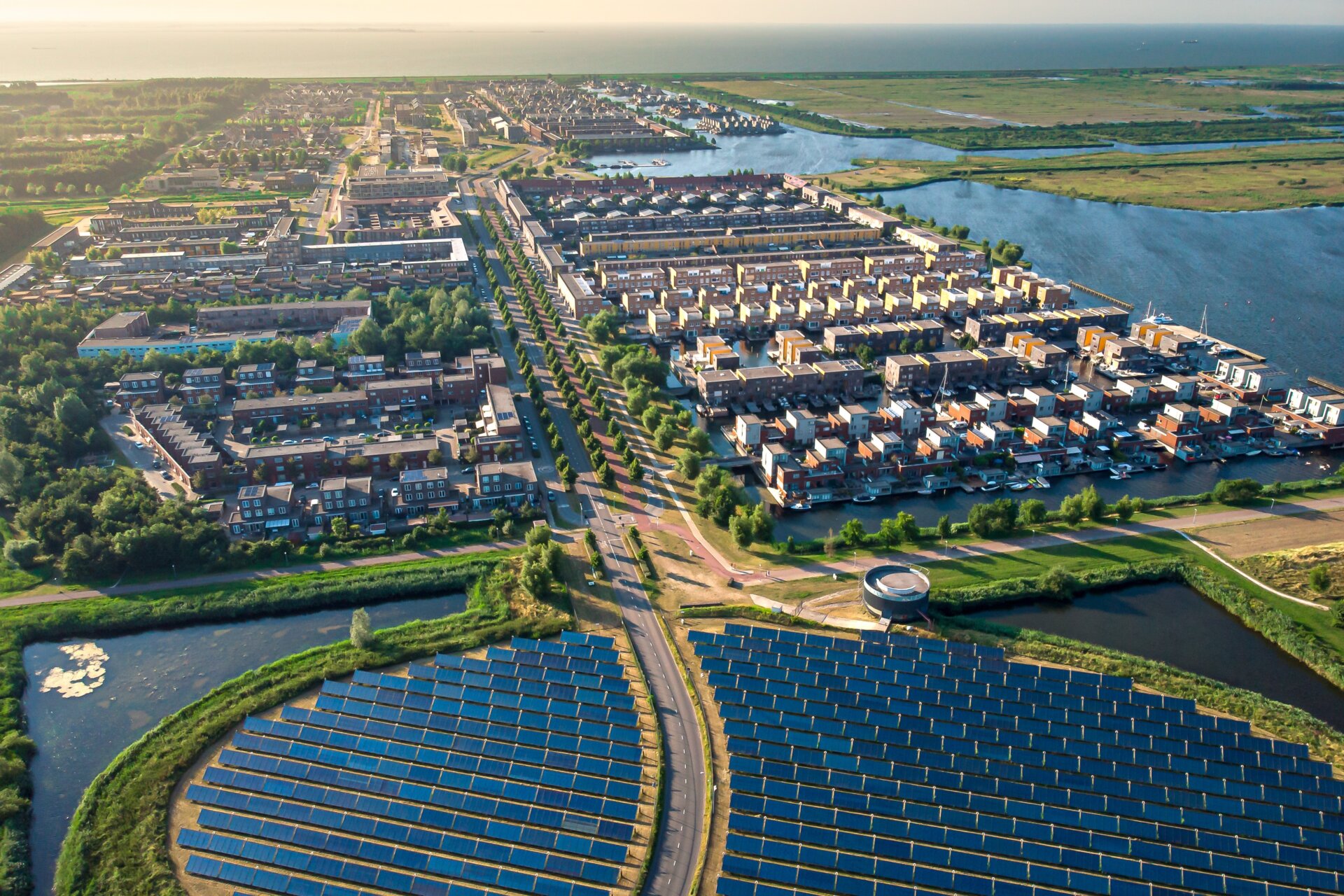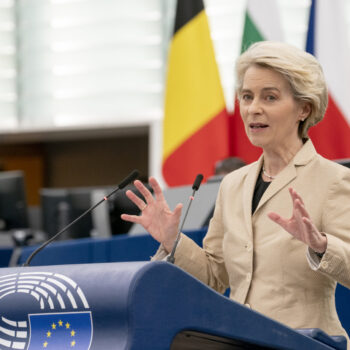The Green Deal Industrial Plan (GDIP) encompasses the final pieces of European Green Deal we will see from the current European Commission. Instead of ending on a high, however, this hastily compiled plan risks undermining some of the good work to date. The co-negotiators must use the time available until the end of their mandate to improve the plan as far as possible.
The “Green Deal Industrial Plan for the Net Zero Age” (GDIP) is the European Commission’s response to the US’s Inflation Reduction Act (IRA). The US passed their landmark climate bill in the summer of 2022; it is estimated to spend $369 billion on climate over the next decade. Constrained by time pressure, challenging political circumstances and with the end of its mandate approaching rapidly, the Commission published the GDIP communication on 1 February 2023. Detailed legislative proposals followed, and an additional funding pillar is expected before the summer.
Recommendations
The briefing suggests how the co-negotiators from the European Parliament and Council of the EU can strengthen the helpful parts of the GDIP, and mitigate the risks posed by its problematic elements. E3G proposes that they ensure the GDIP:
- Supports the decarbonisation of heavy industry and addresses bottlenecks in the clean energy sector. The GDIP can be used to create markets for clean materials, open carbon storage capacity and develop the necessary skills for clean energy value chain development.
- Garners public support for cleantech rather than risking public backlash. A proposal that brings equal value to local communities while protecting natural ecosystems will strengthen the social mandate for the implementation of the European Green Deal.
- Enhances European unity rather than exacerbating divergences. The GDIP’s upcoming funding pillar can actively aim to prevent fragmentation of the single market and create a conducive environment for green innovation and cleantech value chain development across the EU.
- Strengthens global cooperation rather than alienating international partners. Acknowledging sustainable development ambitions of Global South partners would boost the EU’s credibility as a responsible partner.
In the long term, we still need a robust European green industrial strategy fit for the challenges at hand. This will have to wait for the next Commission.


